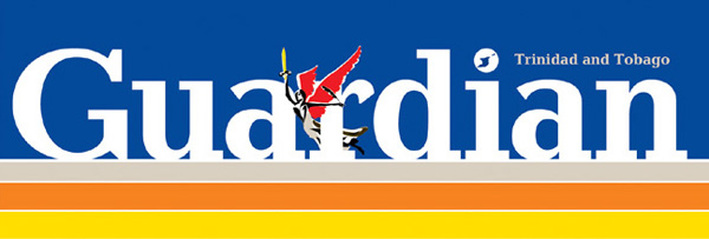Today, the war on drugs is an example of regional militarisation, with Britain and the US conducting operations all over the Caribbean using high-tech military equipment in operations with catchy names like Operation Weed Eater.
This war is not only about eradicating drugs but it is also about something anthropologists call the “permanent war economy.” This economy is wide and has many facets. One in particular that affects small island nations is the economic aid that accompanies continued acceptance and participation in the war.
This aid comes in the form of military equipment, intelligence expansion, new surveillance and security technologies, and propaganda systems. It also provides a constant drive for some of the richer countries like T&T to purchase more and more military hardware, connecting their oil and gas capital straight to the war economy.
It is quite normal for our Minister of National Security to speak—without anyone questioning his logic—that it’s sensible to embrace the US-led war on drugs and purchase six naval vessels from the Colombian Government. Just like the previous Government was happy to spend billions on OPVs. Someone might want to take note that the largest consumer market for these drugs is the US and perhaps joining a war driven by the lifestyle of another nation is silly in the first place.
The sadness is that it’s as if the western world is only moving in one direction: increased militarisation. Hopes of a move toward demilitarisation as Seymour Melman—the US economist who wrote about the damaging social costs of military spending—once discussed, seem less and less likely.
In cultural terms, this overt military footing seeps into everyday life. It becomes embedded in everyday language and symbols. We describe gangs as militarist organisations. Young people demand to play the latest computer war games from Black Ops to Medal of Honour. Media—TV, film, music, sport and all the rest—are saturated with military themes. And insecurity becomes something only to be tackled through increases in military personnel and equipment.
Think about law enforcement in T&T. During the SoE it was the army conducting a lot of police operations. And recently the Minister of National Security asked citizens to apply to the Defence Force in order to protect national security. There’s also the Multi Agency Maritime Task Force, comprising coast guard, police, army, and customs officers, again blurring the boundaries between policing and military operations.
By the end of the next year we are promised the entire country will be under CCTV surveillance, as if that’s indisputably a good thing.
Yet, as the State becomes more militarised, so too does the whole of society, including those the State deems criminals. That AK-47s are a more regular weapon in our poorest areas is an example of a militarised drug industry. That our private security industries also take on the semblance of military organisations with CCTV systems, guard dogs, high-tech security systems and military-style outfits is another example of militarism.
In a presentation a few years ago, Prof Rhoda Reddock pointed out this new culture of insecurity leads to armies being seen as saviours and opens the risk for a reduction in our human rights. Normal, peaceful communities become bloodthirsty, seeking revenge and punishment. Meanwhile, the demands for security extend distance between the rich and poor, as only some can afford to protect themselves through private security firms.
Where does this militarised society lead? On the one hand it’s clear some sort of army for defence is legitimate and can be useful in economic terms. Yet on the other side, what is too much? Have we not passed that mark? Can we go back? Are there really no other ways to organise our society than to curtail freedoms and become more militarised? And what sort of future is that?
http://guardian.co.tt/columnist/2012-11-26/militarism-everyday-life

 RSS Feed
RSS Feed